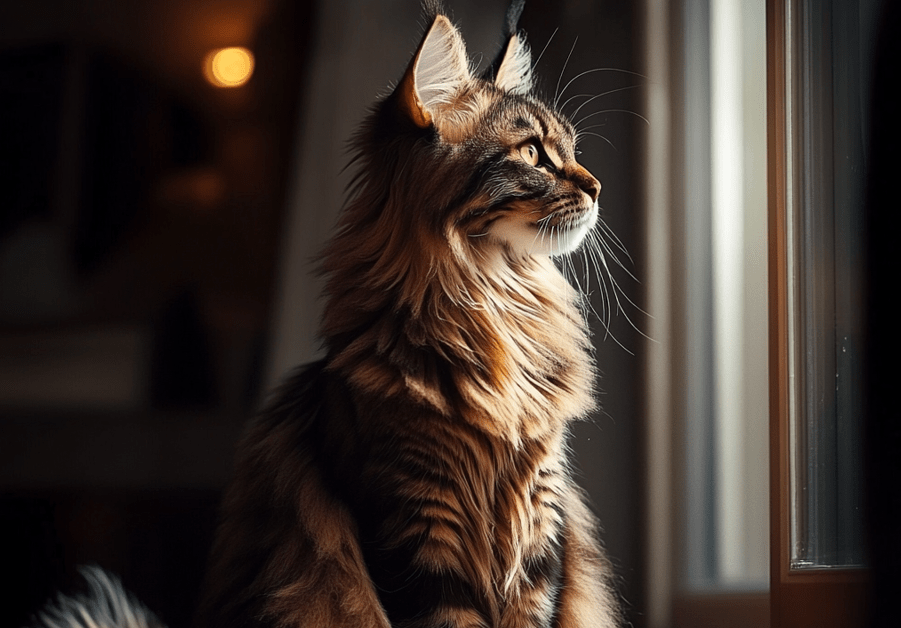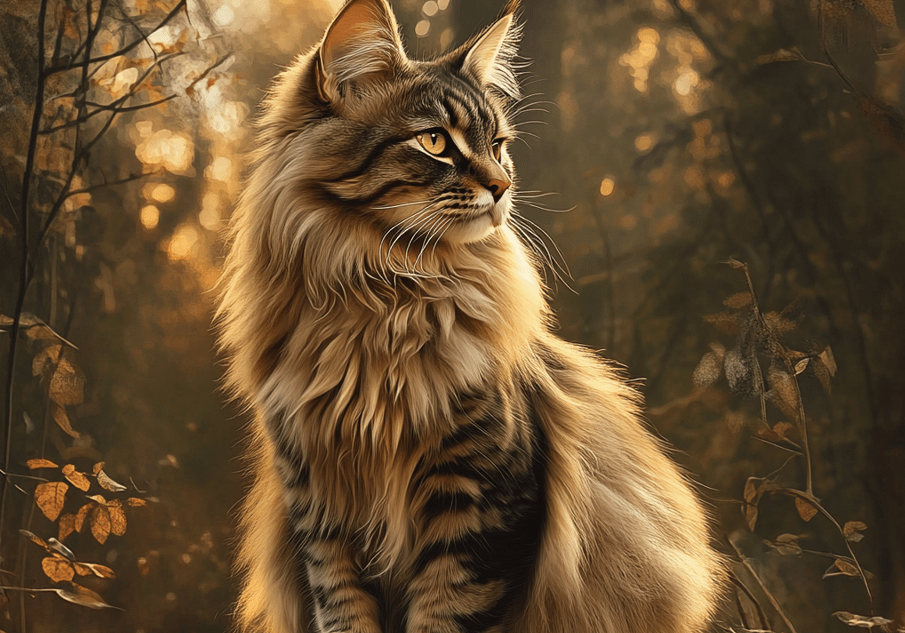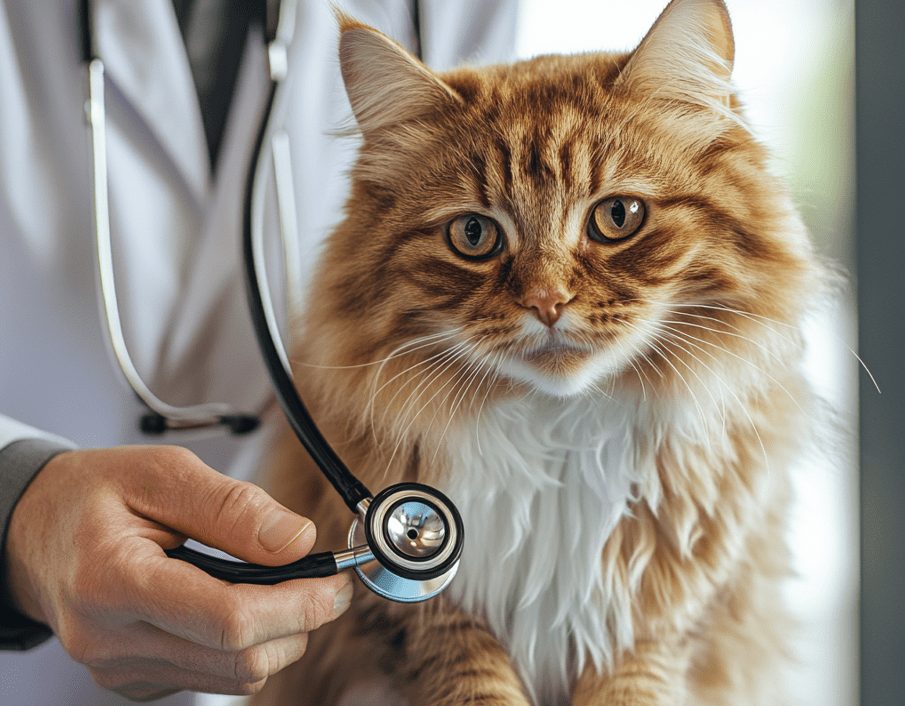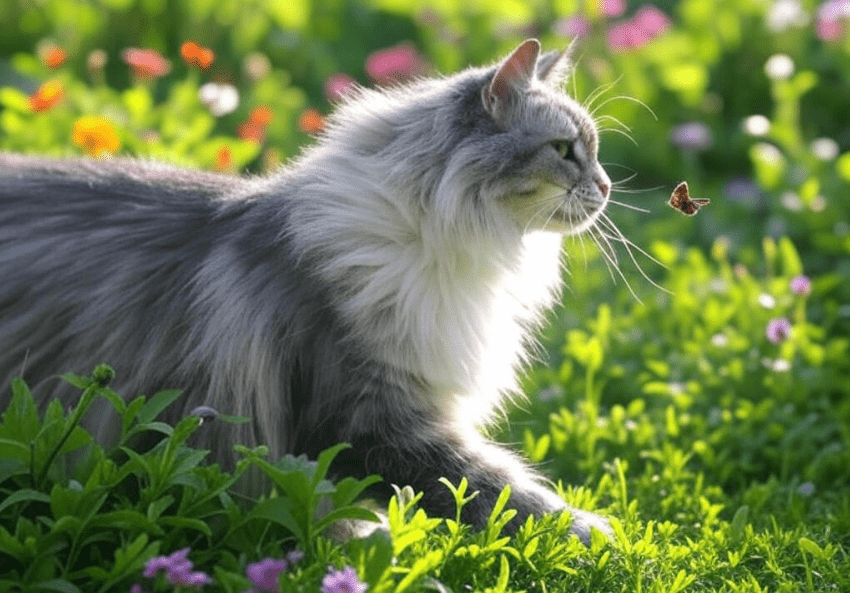
Traveling with a Maine Coon can be an adventure filled with purrs and cuddles, but it requires careful planning to ensure your gentle giant stays comfortable. Maine Coon Travel Tips are essential for cat owners looking to make trips stress-free for their large, fluffy companions. Known for their dog-like personalities and impressive size, Maine Coons have unique needs when hitting the road or skies. This comprehensive guide offers practical advice, from choosing the right carrier to managing stress, ensuring your feline friend enjoys the journey as much as you do.
Understanding Your Maine Coon’s Travel Needs
Maine Coons are one of the largest domesticated cat breeds, often weighing 10-25 pounds and measuring up to 40 inches in length, including their bushy tails. Their size, combined with their sociable and intelligent nature, means they require more than just a standard pet travel setup. Before embarking on any trip, consider your Maine Coon’s personality, health, and comfort preferences. Some Maine Coons love exploring new environments, while others may feel anxious in unfamiliar settings. Tailoring your travel plans to their temperament is key to a successful journey.
Why Maine Coons Are Unique Travelers
Size Matters: Their large stature demands spacious carriers and ample room to stretch during breaks.
Social Butterflies: Maine Coons often bond closely with their owners, making them more adaptable to travel but also sensitive to separation or chaos.
Vocal Nature: Known for their chirps and trills, Maine Coons may vocalize their feelings, which can be a factor in public travel settings.
Thick Fur: Their luxurious coats require temperature regulation, especially in warm climates or cramped spaces.
By understanding these traits, you can anticipate challenges and prepare accordingly, ensuring your Maine Coon remains calm and comfortable.
Pre-Travel Preparation for Your Maine Coon
Proper preparation is the cornerstone of stress-free travel with your Maine Coon. Start planning at least a month in advance to address health, equipment, and training needs.
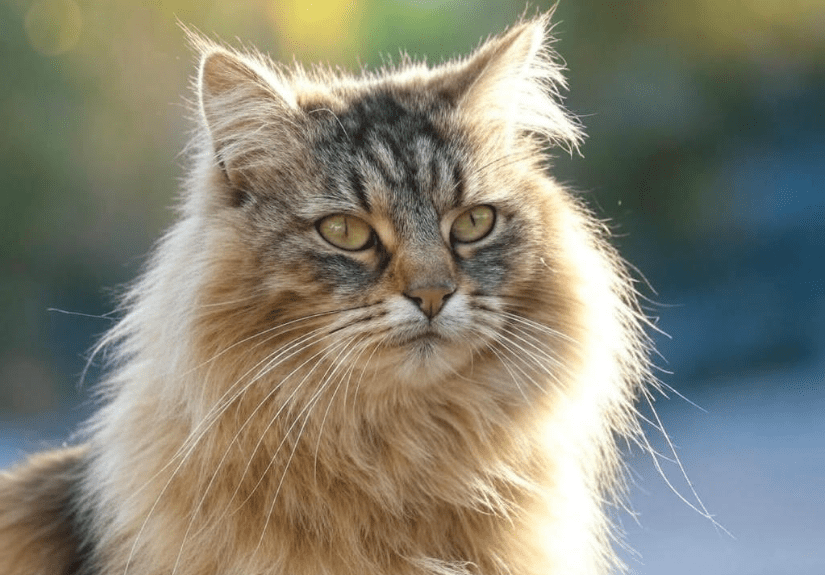
1. Visit the Veterinarian
Before any trip, schedule a vet checkup to confirm your Maine Coon is fit to travel. Discuss the following:
Vaccinations: Ensure all shots are up-to-date, especially rabies, as it’s required for international or interstate travel.
Health Certificate: Many airlines and border crossings require a health certificate issued within 10-30 days of travel.
Microchipping: If your Maine Coon isn’t microchipped, consider it for safety in case they get lost.
Medications: If your cat is on medication or prone to anxiety, ask about travel-safe options like calming supplements or mild sedatives.
Also, inquire about flea and tick prevention, especially if traveling to wooded or rural areas where Maine Coons’ thick fur might attract pests.
2. Choose the Right Carrier
A high-quality pet carrier is non-negotiable for Maine Coon travel. Given their size, opt for a carrier designed for large cats or small dogs. Here’s what to look for:
Size: The carrier should allow your Maine Coon to stand, turn around, and lie down comfortably. A minimum of 24”L x 16”W x 16”H is recommended.
Ventilation: Ensure multiple mesh panels for airflow and visibility to reduce stress.
Durability: Hard-sided carriers are ideal for air travel, while soft-sided ones work for car trips but should be sturdy.
Comfort Features: Look for carriers with padded interiors and a removable, washable liner.
Popular brands like Sherpa and Petmate offer Maine Coon-friendly options. Introduce the carrier to your cat weeks before the trip by placing treats, toys, or a favorite blanket inside to create positive associations.
3. Acclimate Your Maine Coon to Travel
Maine Coons are intelligent and trainable, but sudden changes can unsettle them. Gradually prepare your cat for travel with these steps:
Carrier Training: Leave the carrier out as a cozy nap spot. Start with short, closed-door sessions, rewarding calm behavior with treats.
Car Rides: Take your Maine Coon on short drives, starting with 10-minute trips around the block, to familiarize them with motion and engine sounds.
Noise Exposure: Play recordings of airport or train station sounds at low volumes to desensitize your cat to unfamiliar noises.
This gradual approach helps reduce anxiety and makes travel feel like a familiar routine.
4. Pack a Maine Coon Travel Kit
Create a dedicated travel kit to keep your Maine Coon comfortable and safe. Include:
Food and Water: Pack enough of their regular food to avoid dietary upset, plus portable bowls.
Litter Supplies: Bring a collapsible litter box and a small bag of their usual litter. Disposable litter boxes are convenient for short trips.
Comfort Items: Include a blanket or toy with familiar scents to soothe your cat.
Grooming Tools: A brush to manage their thick fur, especially in humid or dusty environments.
First-Aid Kit: Bandages, antiseptic wipes, and any prescribed medications.
Travel Documents: Health certificates, vaccination records, and a photo of your Maine Coon in case they get lost.
Keep the kit easily accessible during travel to address your cat’s needs quickly.
Traveling by Car with Your Maine Coon
Car travel is often the most flexible option for Maine Coon owners, allowing you to control the environment and schedule. Follow these tips to make road trips enjoyable:
1. Secure the Carrier
Place the carrier on a flat surface, such as the back seat, and secure it with a seatbelt to prevent sliding. Avoid the front seat due to airbag risks. If your Maine Coon is calm and you’re stopping frequently, consider a pet seatbelt harness for supervised freedom, but only use one tested for safety.
2. Maintain a Comfortable Environment
Temperature Control: Maine Coons overheat easily due to their thick fur. Keep the car between 65-75°F and use air conditioning or cracked windows for ventilation.
Shade: Use window shades to protect your cat from direct sunlight.
Calm Atmosphere: Play soft music or a cat-specific calming playlist to drown out road noise.
3. Plan Frequent Breaks
Stop every 2-3 hours to offer water, food, and a chance to use the litter box. Set up a portable litter box in a quiet area, like a shaded rest stop. If your Maine Coon is leash-trained, a short walk on a harness can help them stretch their legs, but always supervise closely.
4. Monitor for Stress
Watch for signs of distress, such as excessive vocalization, panting, or hiding. If your Maine Coon seems anxious, try calming techniques like speaking softly, offering treats, or using a pheromone spray like Feliway.
Flying with Your Maine Coon
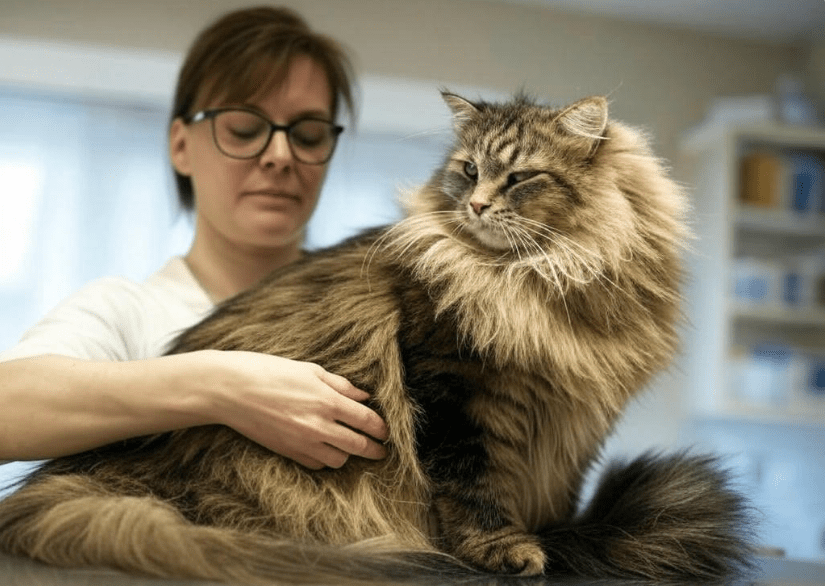
Air travel presents unique challenges for Maine Coons due to their size and the confined nature of cabins or cargo holds. Here’s how to navigate it:
1. Research Airline Policies
Not all airlines accommodate large cats, so check pet policies early. Key considerations:
In-Cabin vs. Cargo: Most Maine Coons are too large for in-cabin travel (typically limited to carriers fitting under seats), so cargo may be necessary. Choose airlines with climate-controlled cargo holds, like Delta or American Airlines.
Carrier Requirements: Ensure your carrier meets International Air Transport Association (IATA) standards, including secure latches and absorbent bedding.
Fees: Pet travel fees range from $100-$200 one-way, so budget accordingly.
Book early, as airlines limit the number of pets per flight.
2. Prepare for Airport Stress
Airports are noisy and crowded, which can overwhelm Maine Coons. To ease the process:
Arrive Early: Allow extra time for pet check-in and security screening.
Stay Calm: Your Maine Coon picks up on your emotions, so maintain a relaxed demeanor.
Cover the Carrier: A breathable carrier cover can reduce visual stimuli, but ensure ventilation.
3. Post-Flight Care
After landing, check on your Maine Coon as soon as possible. Offer water and a quiet space to recover. If traveling internationally, be prepared for customs inspections, which may require additional documentation.
Traveling by Train or Bus
Train and bus travel can be viable for short trips, but policies vary widely. Amtrak, for example, allows small pets in carriers, but Maine Coons may exceed size limits. Greyhound typically doesn’t allow pets. Research operator rules and opt for services with pet-friendly policies. Keep your Maine Coon in their carrier at all times and bring noise-canceling headphones for yourself to focus on their needs in busy terminals.
Destination Tips for Maine Coon Owners
Once you arrive, your Maine Coon’s comfort remains a priority. Here’s how to settle in:
1. Create a Safe Space
Set up a quiet area in your hotel or vacation home with your Maine Coon’s blanket, litter box, and familiar toys. Gradually introduce them to the new environment, starting with one room.
2. Check for Hazards
Inspect accommodations for escape routes, toxic plants, or small objects your curious Maine Coon might ingest. Ensure windows and balconies are secure, as Maine Coons are agile climbers.
3. Maintain Routine
Stick to your cat’s feeding and play schedule to provide stability. If time zones change, adjust gradually over a few days.
4. Explore Pet-Friendly Activities
Maine Coons love stimulation, so seek out cat-friendly destinations. Leash-trained Maine Coons might enjoy a hike in a pet-friendly national park or a stroll in a quiet garden. Always check local pet regulations.
Managing Maine Coon Anxiety During Travel
Even well-prepared Maine Coons may experience stress. Look for signs like reduced appetite, excessive grooming, or hiding. To help:
Pheromone Products: Feliway sprays or collars mimic calming cat pheromones.
Calming Treats: Brands like Zesty Paws offer vet-approved options for cats.
Distraction: Bring interactive toys, like feather wands, for play during downtime.
Comfort Contact: Petting or speaking in a soothing tone can reassure your cat.
If anxiety persists, consult your vet about short-term medication for future trips.
Legal and Safety Considerations
Traveling with a Maine Coon involves navigating legal requirements:
Local Laws: Research pet regulations at your destination, including leash laws or breed restrictions.
International Travel: Check import rules, which may include quarantine periods or specific vaccinations.
Emergency Plan: Locate the nearest 24/7 vet clinic at your destination and keep their contact information handy.
Always carry a collar with updated tags and your contact information, even if your Maine Coon is microchipped.
Final Thoughts on Maine Coon Travel
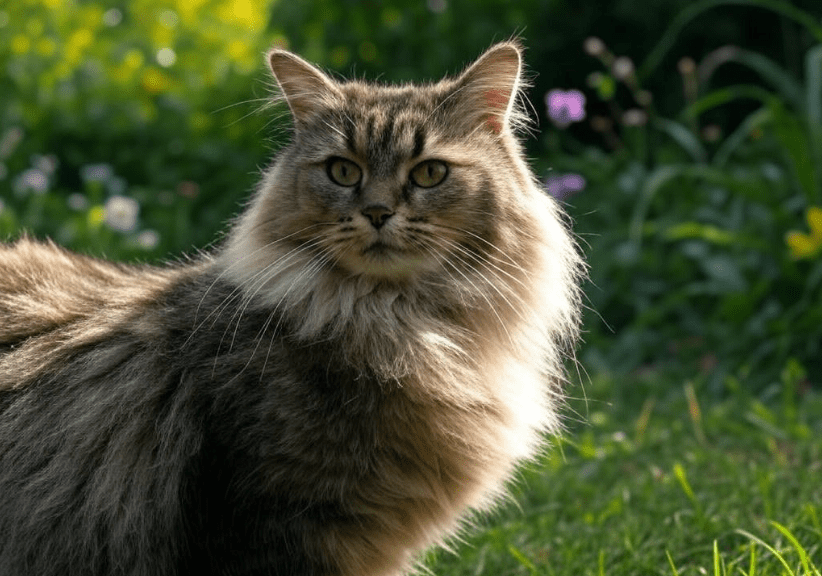
Traveling with a Maine Coon is a rewarding experience that deepens your bond with your furry companion. By prioritizing their comfort, planning meticulously, and staying attuned to their needs, you can turn any trip into a memorable adventure. Whether you’re driving cross-country or flying overseas, these Maine Coon Travel Tips will help ensure your big cat stays happy, healthy, and ready to explore the world by your side.
Start preparing today, and you’ll be ready to hit the road with confidence. Safe travels, and may your Maine Coon’s purrs fill your journey with joy!

